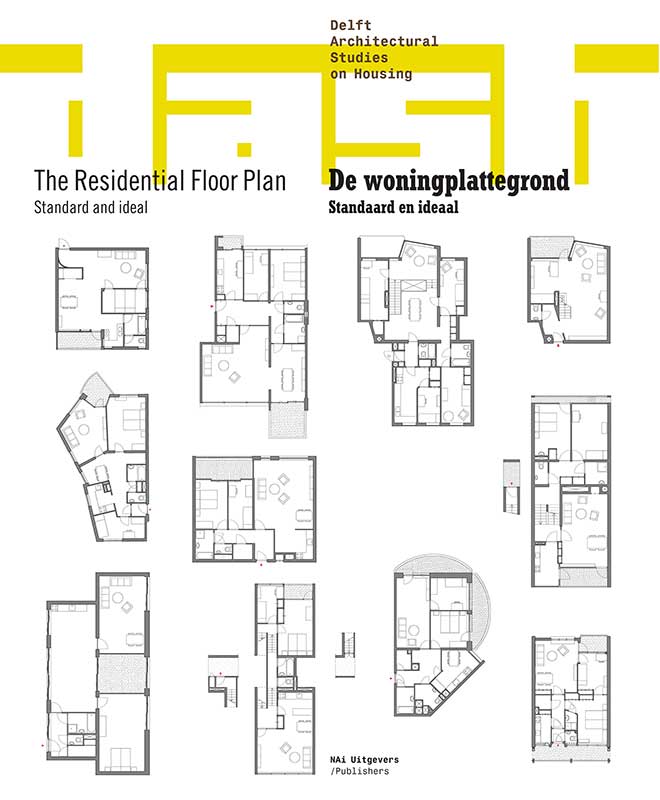Redactioneel
DOI:
https://doi.org/10.7480/dash.04.4613Samenvatting
In het ontwerp van woningen zijn de begrippen standaard en ideaal onlosmakelijk met elkaar verbonden. De zoektochten van verschillende architecten naar de gestandaardiseerde en betaalbare woning heeft in de afgelopen eeuw een eindeloos gevarieerde reeks van al dan niet gerealiseerde ideaalwoningen opgeleverd. Hoewel grootschalige woningbouw in hoge mate gebaseerd is op optimalisatie en repetitie, blijkt de woningplattegrond toch onophoudelijk onderwerp van ontwikkeling. Er zijn grofweg twee benaderingen te onderscheiden: enerzijds de zoektocht naar nieuwe typologieën zoals we die kennen van de moderne architectuur, en anderzijds een streven naar optimalisatie dat juist vertrekt vanuit de conventies van de bestaande woningbouwpraktijk.
De recente ineenstorting van ons economische groeimodel maakt de roep, om idealen met betrekking tot de woning te herformuleren, opnieuw actueel. Omdat er minder geld beschikbaar is en bedrijven, overheden en consumenten grote risico’s mijden, lijkt de meest voor de handliggende voorspelling dat we ons op de drempel van een periode van nieuwe soberheid bevinden. Maar het is de vraag of het wel zo zinvol is om terug te grijpen op bestaande standaarden. Misschien is dit wel het moment om nieuwe standaards voor de woningplattegrond ontwikkelen? Vast staat in ieder geval dat de huidige crisis architecten dwingt opnieuw op zoek te gaan naar beter passende antwoorden.
Een mogelijke richting waarin die antwoorden gevonden kunnen worden, exploreren we in deze vierde uitgave van DASH. Aan de hand van klassieke en minder bekende projecten uit binnen- en buitenland bestuderen we de oscillerende beweging van de woningplattegrond, en de actuele vraag hoe individuele antwoorden en grootschalige gestapelde woningbouw met elkaar in relatie te brengen zijn. Want hoewel mass customization alweer enige tijd het toverwoord is, waarmee afscheid wordt genomen van de massaproductie van de twintigste eeuw, zijn in de dagelijkse bouwpraktijk ‘standaard’ oplossingen nog altijd talrijk. De vraag dringt zich daarmee op hoe en tot op welke hoogte verschillen op een zinvolle wijze in de massawoningbouw kunnen worden geïncorporeerd?



